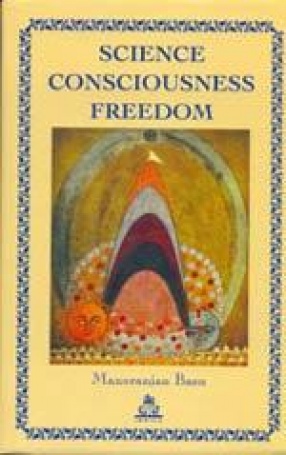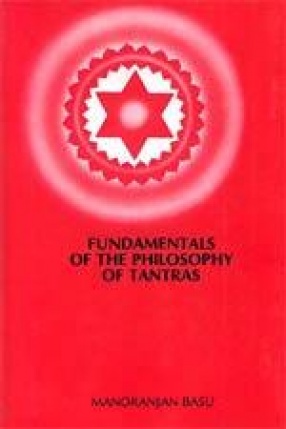

For this book the relevant question is: What is the universeand why? So far scientists engaged in this field of investigationoccupied themselves seriously with the answering of the whatpart of the question and have just started to answer the whypart, which should normally engage the philosophers. But thelatter, barring a few, are not fully equipped to go deep into thewhat part revealed by the scientists. The gap has to be filledup. The author has taken courage to ...

The volume is divided into two parts. Part one consists of four chapters dealing with the basic concepts of the philosophy of Tantras. Authenticity of Tantras from traditional point of view, ontology (Theory of Emanation/Manifestation), thread-bare analysis of consciousness from epistemic point of view, and finally Tantras as critique of experience - all these have been thoroughly discussed and compared to in an elaborate way. This part may be called Tantras in ...
